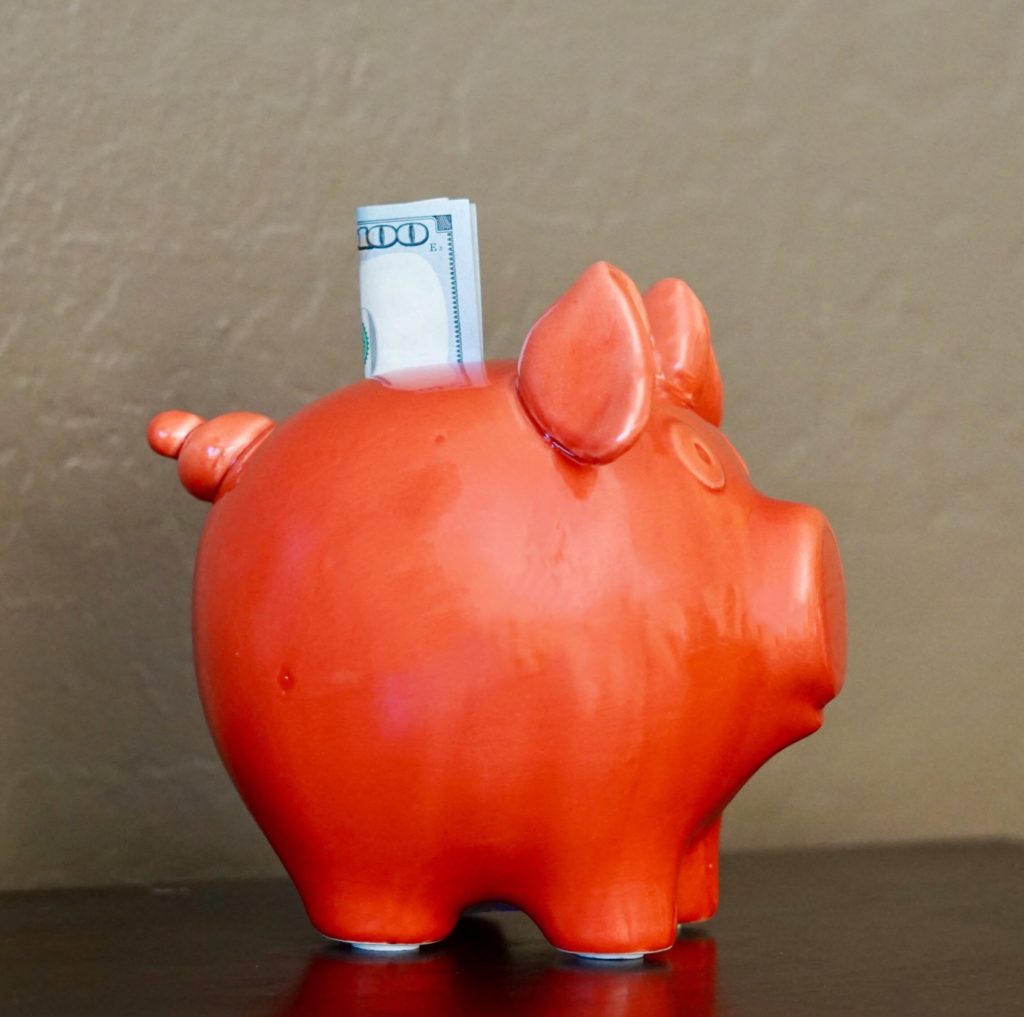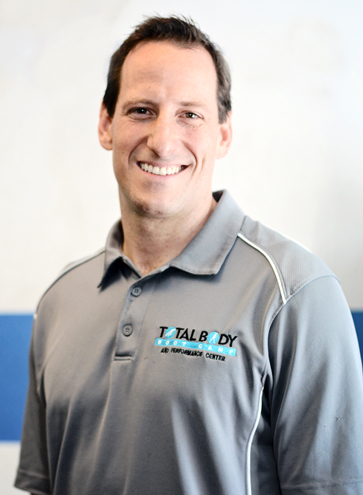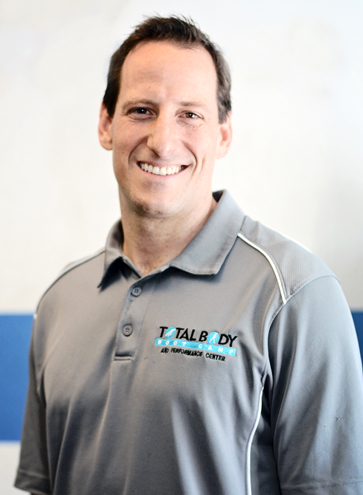Fitness professionals are notorious for myriad of things:
- Wearing sweatpants to work everyday. It’s definitely one of the perks of the job.
- Always forgetting about the protein shake shaker in their gym bag (or in their car) that invariably, three weeks later, ends up melting someone’s face off once it’s opened.
- Their affinity for smedium t-shirts.
- Never talking about financial literacy (I.e., planning for retirement, investing, and/or general business savviness).
The latter is just something we never discuss and is our version of an unspoken rule; kinda like talking to a pitcher during a no-hitter.
My friend and colleague, Billy Hofacker, is back with another fantastic post geared toward helping fitness professionals better wrap their brains around money. This time around, specifically, centered around the stress of seemingly never having any.
What’s more, he even includes a special (and FREE) “master class” video for my readers that I feel everyone should check out.
Enjoy!

Get Rid of Money Stress For Good
Note From Author: Since finance can be an overwhelming topic, I also recorded a video diving deeper and providing more support with these topics.
You can access the video HERE.
I remember starting out in business. I was fortunate enough to have a free session with a guy named John, a CFO of a huge company. I’m talking about a company that was doing hundreds of million in revenue.
You see, I have my own personal journey with money that included being suffocated by 130K in non-mortgage debt and working my way out.
Now I was going to use some of the principles I was learning from my personal journey and apply them to business.
Needless to say I was excited for my free session. I remember standing behind him as he was showing me how a business budget worked. He would mention “budgeting” certain amounts for certain categories. The curious person that I am, I asked him where that money actually was. I said something like, “If I have $500 allocated towards equipment, where does that money actually go? It seems to me like it’s just sitting in the account like all the other money. What’s to stop it from being spent?”
His response didn’t make sense to me.
He said, “You just know.”
One of the most common reasons Fit Pros hire me as their financial coach is because they want a plan for their money.
Not having a plan is painful.
It results in a lack of confidence and results. Many people think that businesses fail due to a lack of profit but are surprised to learn that in fact, 82% of businesses fail because they lack an understanding of cash flow.
The good news is that there is hope. A solid cash flow system can do a lot for your business. Clients who have developed a system report that:
- Decisions Become Much Easier – They know when and how much to invest in marketing, hiring, and marketing
- The Path Becomes Clear – They are able to focus like a laser as they know what the next step towards their goal is
- Confidence Increases – Sure, Fit Pros want to do better financially. They want to earn more but what’s perhaps more important is the person they become in the process
There are a few common mistakes or myths when it comes to cash flow plans.
I will relate all three to fitness.
The First Mistake: People Don’t Stick With It Long Enough
Just like some fitness clients, if they aren’t completely transformed after a couple of months, they throw in the towel.

Just like fitness, financial improvement takes time. You don’t erase 20 years of poor financial habits in five minutes with a spreadsheet. This boils down to behavior change which we know takes time.
The work precedes the results.
The Second Mistake: Thinking There Is a One Size Fits All Program
Should everyone become a competitive endurance athlete? Not necessarily. Some people have other interests within fitness and/or aren’t suited for it. Some trainers (e.g. the kettlebell guy or gal) make the mistake of forcing the program they like on the client when the modality might not be most effective for the client.
They neglect the concept of bio-individuality.
Some financial coaches do the same thing while they would be better off working with the client to develop the best plan for them.
While certain principles may apply, the exact how-to’s may differ from person to person.
The Final Mistake: Thinking That the Cash Flow System Will Be Boring Or Restricting
Author and leadership consultant Jocko Willink says that discipline equals freedom. When you are disciplined with your fitness or your finances, the result is more freedom, not less. If you aren’t fit, you’ll have less options in what you can do physically.
If you aren’t financially fit, you will also be restricted in what you can do.
Click HERE To Get Access to the full video training.
The Problem
One of the reasons it’s hard for people to create and stay on a financial plan is the chaotic nature of how money comes in and goes out.

Depending on your situation, you may:
- Not pay yourself at all
- Not pay yourself consistently
- Be on salary
- Pay yourself monthly
- Pay yourself bi-weekly
- Pay yourself bonuses
- Have a side hustle
- Have recurring revenue
- Have various programs
There are so many situations people find themselves in and that’s just the income.
Let’s talk about expenses.
You most likely have automatic monthly expenses. These would occur the same day every month and for the same amount. A prime example would be your rent or mortgage.
You most likely have daily expenses. These are things like food, coffee, toiletries, etc.1
We all have random expenses. These are the ones that really throw people off. An example is that car insurance payment that’s due every six months. You can have a plan for everything else but if you don’t have a plan for these, your budget could be busted.

The good news is that we have a plan to account for all of these and then some. While it’s beyond the scope of this post to cover every detail, I’ll provide an overview as well as a next step.
Of course, I’m a huge proponent of “paying yourself first” so if you’re not doing that, I’d make that a priority.
Now let’s cover a plan for the three types of expenses I mentioned.
Check out my video HERE where I explain everything.
Monthly Automatic – These are probably the easiest since you know the dates and amounts. You would just coordinate the dates they are due with when your income comes in.
These are automatically paid from your main checking account.
Daily – Call me old school but I like to use cash for daily expenses. If I can’t use cash, I’ll set up a separate debit account at my main bank so I can at least keep things separate. I recommend people do the same for daily expenses, at least for a period of time so they can really see what’s going on.
Random – As I mentioned, these are the ones that throw people off the most. For that reason, it’s essential to have a plan for these infrequent expenses. You’ll want to open up a bank account at a separate bank (an online account is perfect) and save the breakdown that you will need each month. For example, if you’ll need $1200 to buy Christmas gifts, set up an auto transfer for $100 each month to that account.
In a Nutshell
That’s the simple plan you can follow to get rid of money stress for good. I realize this can be overwhelming if it’s new to you and that you also may have unique circumstances.
For that reason, I recorded an exclusive video for TG’s list (i.e. YOU) which dives more into the details and should help more with the how.
Of course, I’m available if you have any questions.
Watch the full video HERE
About the Author
Many fitness professionals get stuck in the day to day and have little to show for their hard work. Billy Hofacker helps them get on a plan to achieve financial freedom. You can learn more by listening to the Your Fitness Money Coach podcast or visiting www.yourfitnessmoneycoach.com.
You can also opt in to get a digital copy of his book Fitness Profits HERE.








